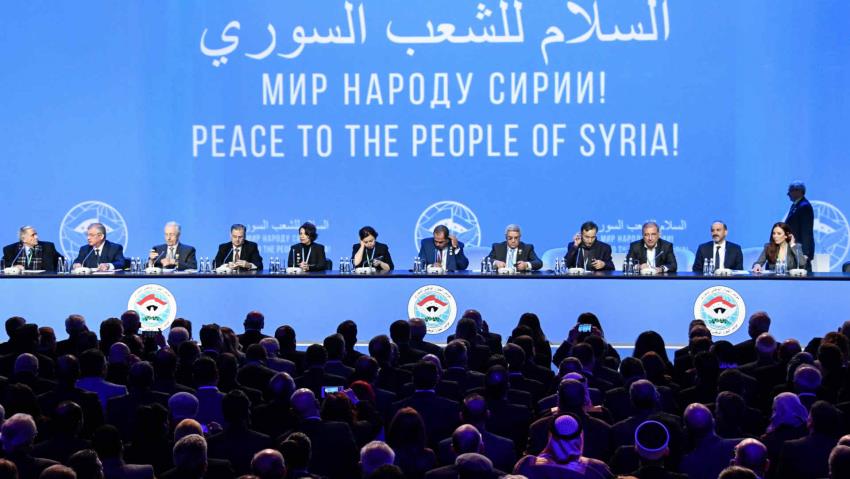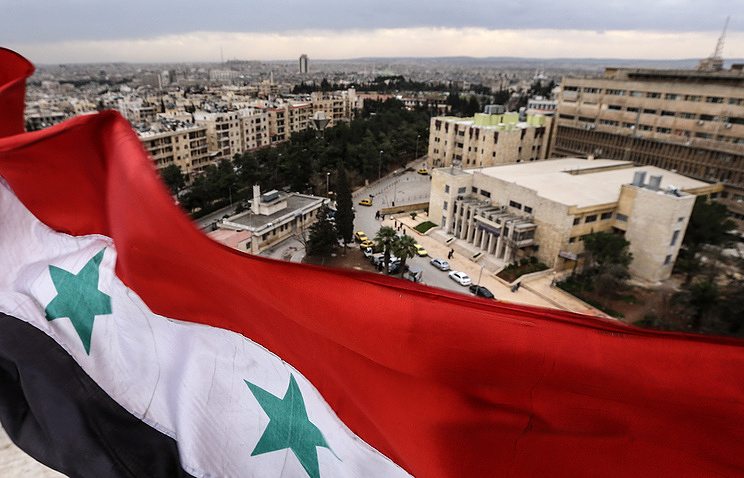Human Rights Watch, a respectable and prominent non-governmental organization, issued last week its annual report that documented human rights violations during 2017 in more than 90 countries, including Armenia, Azerbaijan and Turkey.
ARMENIA
Below is the summary of what Human Rights Watch reported on violations in Armenia during 2017:
“Parliamentary elections, the first since the 2015 constitutional amendments moving the country from a presidential to a parliamentary system, failed to improve public confidence in the electoral system. The ruling Republican Party dominated the polls amid reports of irregularities. Authorities failed to bring to justice officials responsible for excessive use of force against protesters and journalists, including during largely peaceful protests in Yerevan in July 2016. The trials of 32 men accused of crimes committed during the violent takeover of a police station in Yerevan, which prompted the protests, were ongoing at time of writing. Four defendants have reported ill-treatment in detention.”
AZERBAIJAN
Below is the summary of what Human Rights Watch reported on violations in Azerbaijan during 2017:
“The government intensified its crackdown against critics in 2017. Courts sentenced at least 25 journalists and political and youth activists to long prison terms in politically motivated, unfair trials. Dozens more were detained or are under criminal investigation, face harassment and travel bans, or have fled. Draconian laws and regulations impede independent groups’ work and ability to secure funding. Torture and ill-treatment in custody persist. In a violent campaign, police arrested and ill-treated dozens of gay men and transgender women. Following years of scrutiny and several warnings, the Extractive Industries Transparency Initiative (EITI), an international coalition promoting better governance in resource-rich countries, suspended Azerbaijan for failing to ease restrictions on civil society groups.”
Human Rights Watch also provided the following details of human rights violations in Azerbaijan:
Human Rights Watch, a respectable and prominent non-governmental organization, issued last week its annual report that documented human rights violations during 2017 in more than 90 countries, including Armenia, Azerbaijan and Turkey.
ARMENIA
Below is the summary of what Human Rights Watch reported on violations in Armenia during 2017:
“Parliamentary elections, the first since the 2015 constitutional amendments moving the country from a presidential to a parliamentary system, failed to improve public confidence in the electoral system. The ruling Republican Party dominated the polls amid reports of irregularities. Authorities failed to bring to justice officials responsible for excessive use of force against protesters and journalists, including during largely peaceful protests in Yerevan in July 2016. The trials of 32 men accused of crimes committed during the violent takeover of a police station in Yerevan, which prompted the protests, were ongoing at time of writing. Four defendants have reported ill-treatment in detention.”
AZERBAIJAN
Below is the summary of what Human Rights Watch reported on violations in Azerbaijan during 2017:
“The government intensified its crackdown against critics in 2017. Courts sentenced at least 25 journalists and political and youth activists to long prison terms in politically motivated, unfair trials. Dozens more were detained or are under criminal investigation, face harassment and travel bans, or have fled. Draconian laws and regulations impede independent groups’ work and ability to secure funding. Torture and ill-treatment in custody persist. In a violent campaign, police arrested and ill-treated dozens of gay men and transgender women. Following years of scrutiny and several warnings, the Extractive Industries Transparency Initiative (EITI), an international coalition promoting better governance in resource-rich countries, suspended Azerbaijan for failing to ease restrictions on civil society groups.”
Human Rights Watch also provided the following details of human rights violations in Azerbaijan:
— “18 activists are imprisoned or awaiting trial on politically motivated criminal charges.”
— “7 journalists and bloggers are imprisoned or awaiting trial on politically motivated criminal charges.”
— “11 times the Council of Europe called on Azerbaijan to release opposition leader Ilgar Mammadov.”
— “5 major media outlets are permanently blocked by Azerbaijan under the pretext of ‘national security.”
— “162 out of 180 countries is where Reporters without Borders ranks Azerbaijan for press freedom.”
— “11 activists, including journalists and NGO leaders, are banned from leaving Azerbaijan.”
TURKEY
Below is the summary of what Human Rights Watch reported on violations in Turkey during 2017:
“An April 2017 referendum, which voters approved by a slim margin, introduced constitutional amendments switching Turkey to a presidential system of governance, the most significant change to its political institutions in decades. The referendum took place under a state of emergency imposed after the July 15, 2016 attempted military coup, and in an environment of heavy media censorship, with many journalists and parliamentarians from the pro-Kurdish opposition in jail. The new presidential system, which consolidates the incumbent’s hold on power, is a setback for human rights and the rule of law. It lacks sufficient checks and balances against abuse of executive power, greatly diminishing the powers of parliament, and consolidating presidential control over most judicial appointments. The presidential system will come fully into force following elections in 2019.”
Below are brief excerpts from the Human Rights Watch report which provides lengthy details about violations in Turkey:
“Public officials continued to be dismissed or suspended by decree without due process, with more than 110,000 dismissed since July 2016. Hundreds of media outlets, associations, foundations, private hospitals, and educational establishments that the government shut down by decree remained closed in 2017, their assets confiscated without compensation. …Those affected have no right to work in public service, their bank accounts are frozen, and passports confiscated.”
Furthermore, “people continued to be arrested and remanded to pretrial custody on terrorism charges, with at least 50,000 remanded to pretrial detention and many more prosecuted since the failed coup. Those prosecuted include journalists, civil servants, teachers and politicians as well as police officers and military personnel…. Under the state of emergency in Turkey over 500 lawyers have been jailed pending trial, and over 1,000 prosecuted”
The report also stated that “Turkey is the world leader in jailing journalists and media workers as they face criminal investigations and trials, with around 150 behind bars at time of writing. Most newspapers and television channels lack independence and promote the government’s political line.”
Compared to Azerbaijan and Turkey, Armenia had the least number of human rights violations. Turkey is one of the biggest violators of human rights in the world with Azerbaijan a close second. However, most Armenians prefer that their homeland be as democratic as possible regardless of how undemocratic the neighboring countries are.
 The Syrian National Dialogue Congress held in Russia’s Sochi on January 28-29 was aimed to boost the process for building a peaceful future for Syrian people in a war-devastated country and to define the country’s political compass for the next years. The Congress, sponsored by Russia, Iran and Turkey, gathered over 1,500 participants from various groups of Syrian society, including representatives from political parties, opposition groups and ethnic and confessional communities.
The Syrian National Dialogue Congress held in Russia’s Sochi on January 28-29 was aimed to boost the process for building a peaceful future for Syrian people in a war-devastated country and to define the country’s political compass for the next years. The Congress, sponsored by Russia, Iran and Turkey, gathered over 1,500 participants from various groups of Syrian society, including representatives from political parties, opposition groups and ethnic and confessional communities. Perhaps, the most important result of the Sochi Congress has been an agreement of all participants to consolidate their efforts in stabilizing the Syria’s future and to secure the territorial integrity of the Syrian Arab Republic. The concerns of the Syrian opposition claiming the Sochi Congress would, on the contrary, hazard the international peace process could not be more baseless since the Congress was supported by the UN, the main sponsor of the Geneva talks.
Perhaps, the most important result of the Sochi Congress has been an agreement of all participants to consolidate their efforts in stabilizing the Syria’s future and to secure the territorial integrity of the Syrian Arab Republic. The concerns of the Syrian opposition claiming the Sochi Congress would, on the contrary, hazard the international peace process could not be more baseless since the Congress was supported by the UN, the main sponsor of the Geneva talks.



